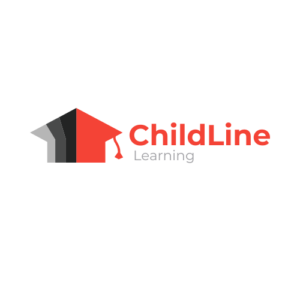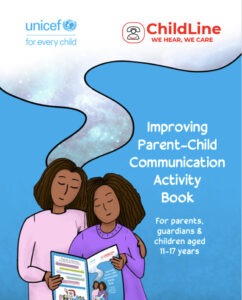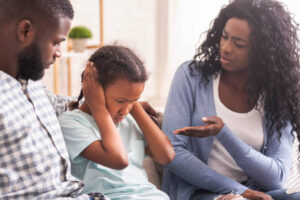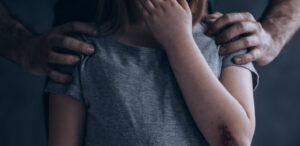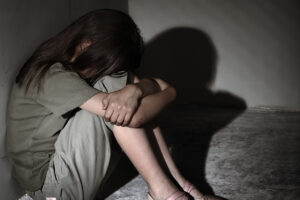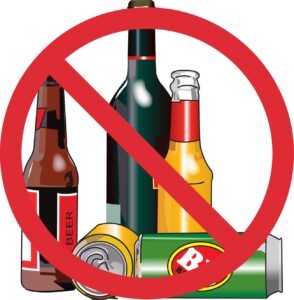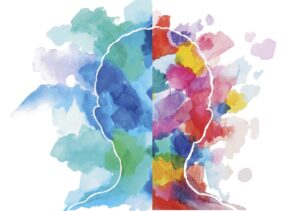
The importance of emotional intelligence
Emotional intelligence usually involves four abilities: a person’s self-awareness, their ability to self-manage, their social awareness, and their ability to manage relationships effectively. An emotionally intelligent child can perceive how their actions might make someone feel, they can show sympathy towards those feelings, grasp social cues, listen actively, and understand or accept the perspectives of other people.



